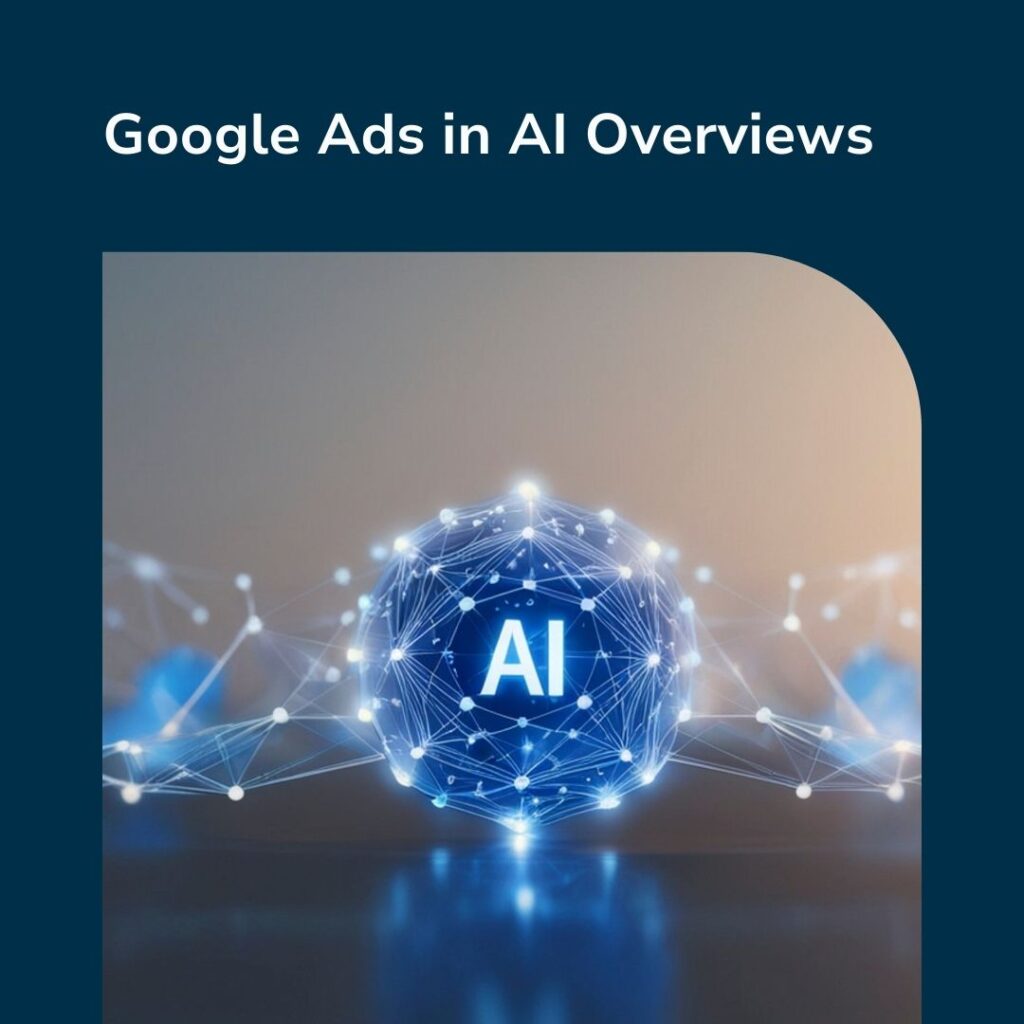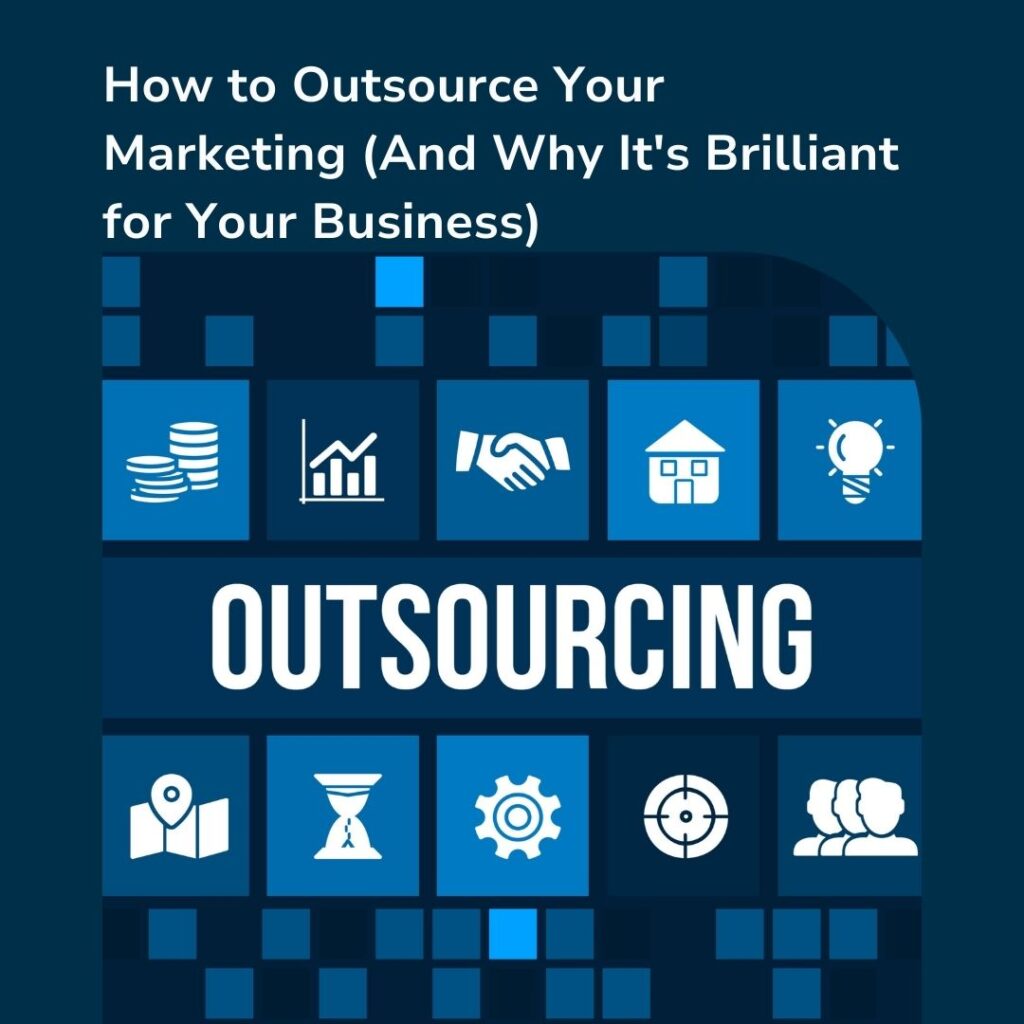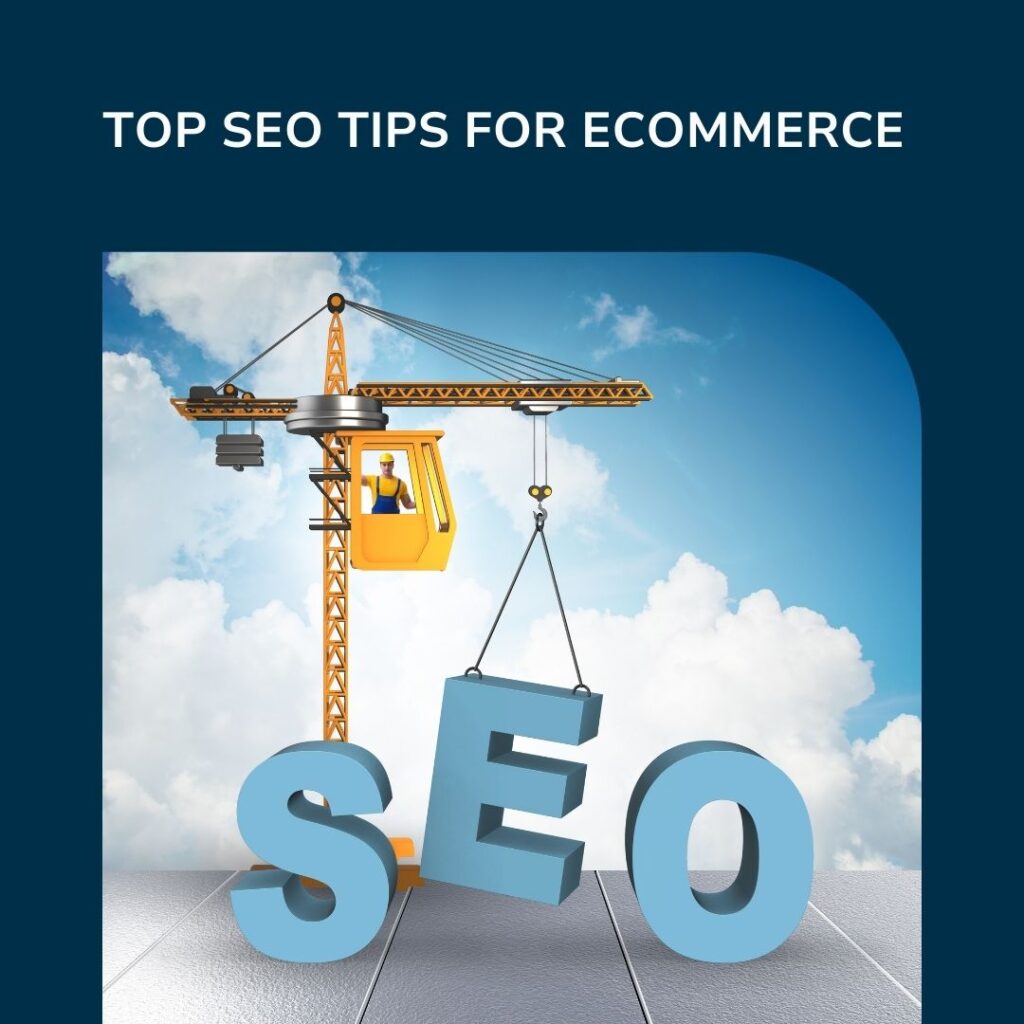In an era defined by rapid technological advancements and a hunger for instant results, the landscape of marketing has been profoundly influenced by short-term thinking.
This phenomenon, known as marketing short-termism, has found a particularly fertile ground in paid media campaigns, where platforms like Google Ads offer the promise of swift and measurable outcomes.
This article dives deeper into the world of marketing short-termism, focusing on its implications within the realm of paid media, with special attention on the pervasive example of Google Ads.
The Allure of Immediate Gratification
The realm of digital marketing is characterised by its real-time nature and measurable outcomes. Paid media platforms, such as Google Ads, provide an opportunity for marketers to connect with a precisely targeted audience swiftly and to see the fruits of their efforts in almost real-time.
This immediacy is tantalising, especially in a business environment where quarterly results and rapid growth are paramount. The instant gratification of seeing clicks, impressions, and conversions roll in can be irresistibly seductive.
The Downside of Short-Termism
However, the siren call of short-term gains often masks the potential long-term consequences. Here are some critical aspects to consider:
Superficial Metrics Over Substance
Marketing short-termism often leads to the prioritisation of surface-level metrics, such as click-through rates (CTR) and impressions. While these metrics provide quick insights into campaign performance, they may not accurately represent the overall impact on a business’s profitability.
Placing undue emphasis on these metrics can result in campaigns that generate clicks but fail to convert those clicks into meaningful customer actions or revenue.
Neglecting Brand Building
Brand building is an essential cornerstone of sustainable business growth. Yet, short-term thinking in paid media campaigns can lead to a lack of investment in brand-building activities. Establishing a strong brand identity requires consistent messaging, storytelling, and engagement with the audience.
Relying solely on paid media for quick conversions can undermine these efforts, ultimately weakening the brand’s position in the market.
Limited Customer Relationships
Short-term strategies often focus on transactional relationships rather than cultivating long-term connections with customers.
Engaging with customers beyond the immediate transaction can lead to repeat business, loyalty, and positive word-of-mouth. Neglecting this aspect can result in missed opportunities for ongoing customer engagement and revenue generation.
Google Ads and the Short-Termism Conundrum
Google Ads, a prominent player in the paid media landscape, exemplifies the complexities of marketing short-termism. While the platform’s capabilities are undeniable, it also presents challenges that can perpetuate short-term thinking:
Instant Gratification Metrics
The Google Ads dashboard is designed to showcase metrics like clicks and impressions prominently. These metrics are easily accessible and provide instant feedback, encouraging advertisers to gauge campaign success based on these numbers.
However, focusing solely on these metrics can divert attention away from the more nuanced aspects of campaign performance, such as the quality of clicks and the actual impact on the business’s bottom line.
Keyword Bidding Wars
In the quest for quick wins, advertisers on Google Ads might engage in bidding wars to secure top positions for high-traffic keywords. While this can lead to immediate spikes in visibility and conversions, it can also inflate costs and make campaigns unsustainable over the long term.
Relying solely on bidding wars to drive results might not align with a business’s financial goals.
Quality Score and Relevance
Google Ads assigns a Quality Score to ads based on their relevance and quality. However, the pressure for quick results might compel marketers to compromise on ad quality or relevance to generate clicks and conversions rapidly.
This can lead to a vicious cycle where ads become less effective over time due to poor user experience and engagement.
Mitigating the Pitfalls
To navigate the treacherous waters of marketing short-termism, especially within the context of paid media campaigns like Google Ads, marketers need to adopt a strategic and balanced approach:
Balancing Short-Term and Long-Term Goals: A successful marketing strategy acknowledges the need for both short-term wins and long-term growth. Allocating a portion of the budget to brand-building activities, content marketing, and customer engagement initiatives can contribute to sustained success.
Diversification of Channels: Relying solely on paid media, even on platforms as influential as Google Ads, can be risky. Diversifying across various marketing channels, such as organic search, social media, and email marketing, can create a more holistic strategy that caters to both short-term and long-term goals.
Holistic Performance Metrics: While immediate metrics like clicks and impressions provide valuable insights, they should not be the sole focus. Marketers should delve deeper into performance metrics, like conversion quality, customer retention rates, and customer lifetime value. These metrics offer a more comprehensive view of a campaign’s impact on the overall health of the business.
The Benefits of Overcoming Marketing Short-Termism for Businesses
Embracing a long-term perspective in marketing offers a multitude of advantages for businesses. By prioritising brand building and consistency, companies can cultivate a distinct and recognisable brand identity that resonates with customers. This approach fosters customer loyalty and facilitates deeper relationships, shifting the focus from transactional interactions to lasting connections.
Moreover, the shift towards sustained strategies promotes predictable revenue streams and reduces the cost per acquisition (CPA), resulting in more efficient resource allocation. Customers acquired through long-term strategies tend to exhibit higher customer lifetime value (CLV), leading to increased overall revenue.
Additionally, adopting a long-term mindset encourages innovation, adaptability, and reduced dependency on costly paid advertising campaigns. This strategic approach extends to employee engagement, as companies invest in the development and satisfaction of their teams, contributing to a positive work environment.
In essence, overcoming short-termism empowers businesses to thrive holistically, driving lasting success amidst evolving market dynamics.
Conclusion
In the dynamic landscape of digital marketing, marketing short-termism has emerged as both a strategy and a challenge. Platforms like Google Ads provide the tools to achieve immediate results, but the allure of short-term gratification can overshadow the importance of long-term business sustainability.
Therefore, by embracing a balanced approach, diversifying marketing efforts, and prioritising holistic performance metrics, businesses can navigate the complexities of paid media campaigns and ensure their strategies are primed for enduring success.
Only by transcending the limitations of short-term thinking can marketers create campaigns that stand the test of time and deliver sustained value.










